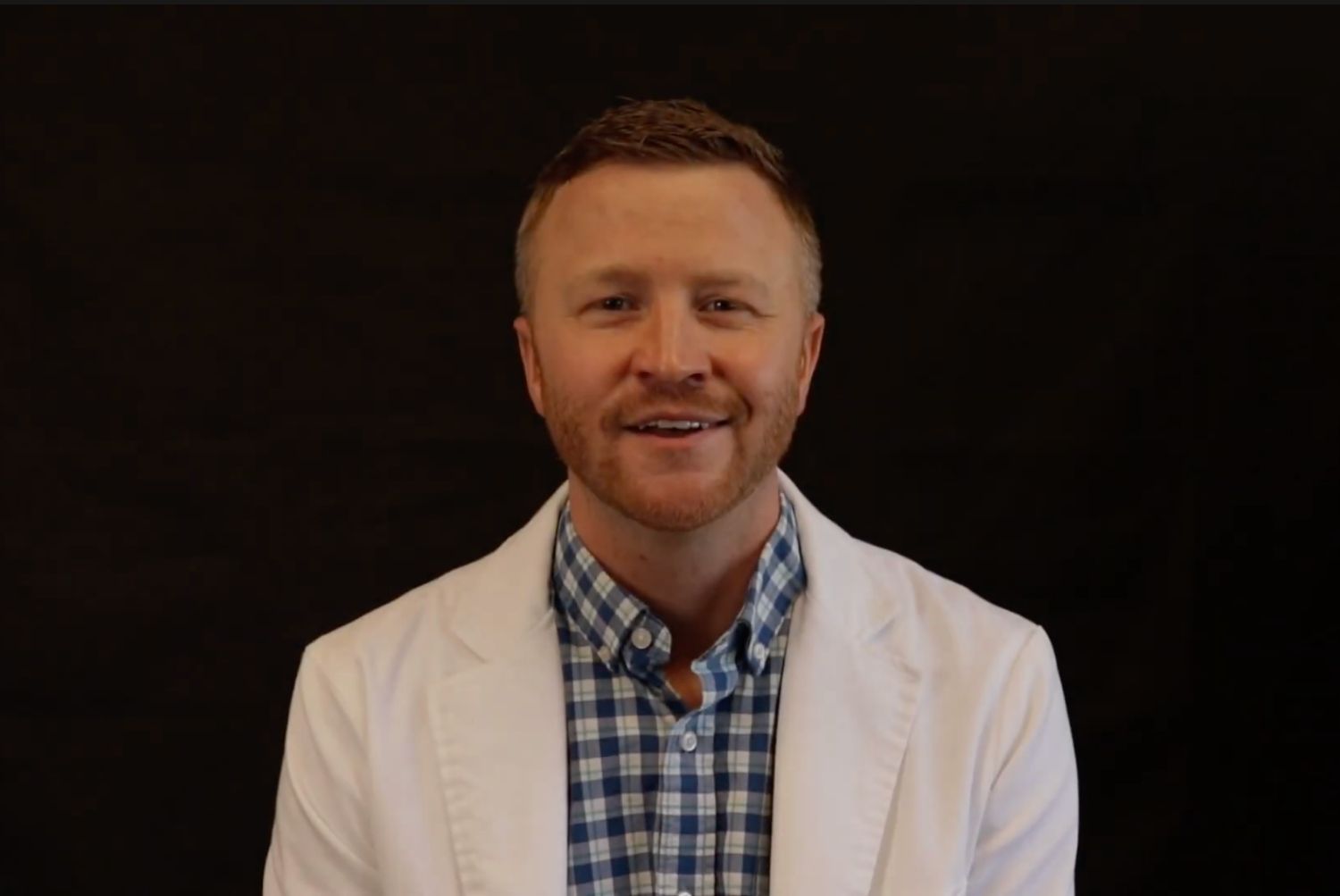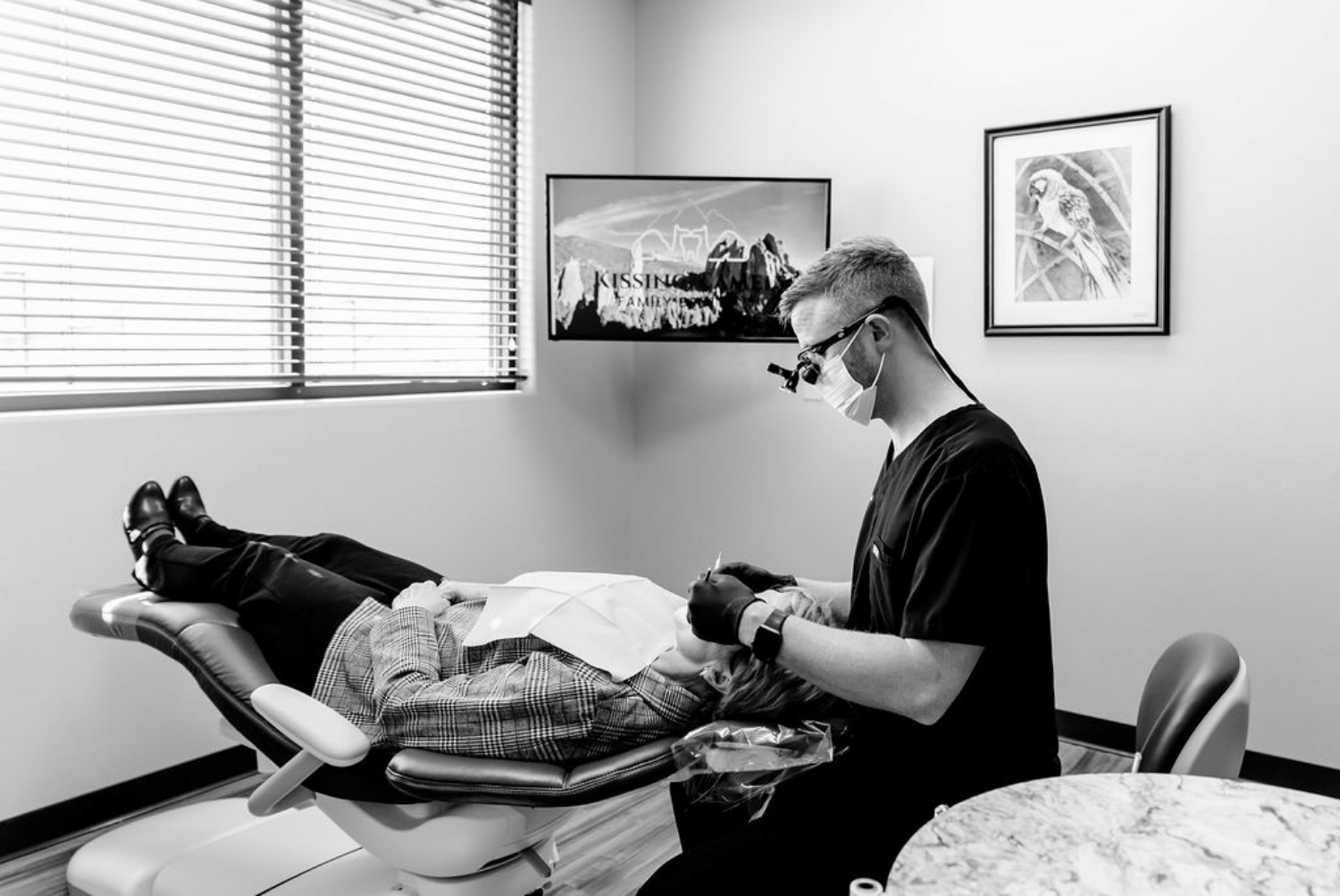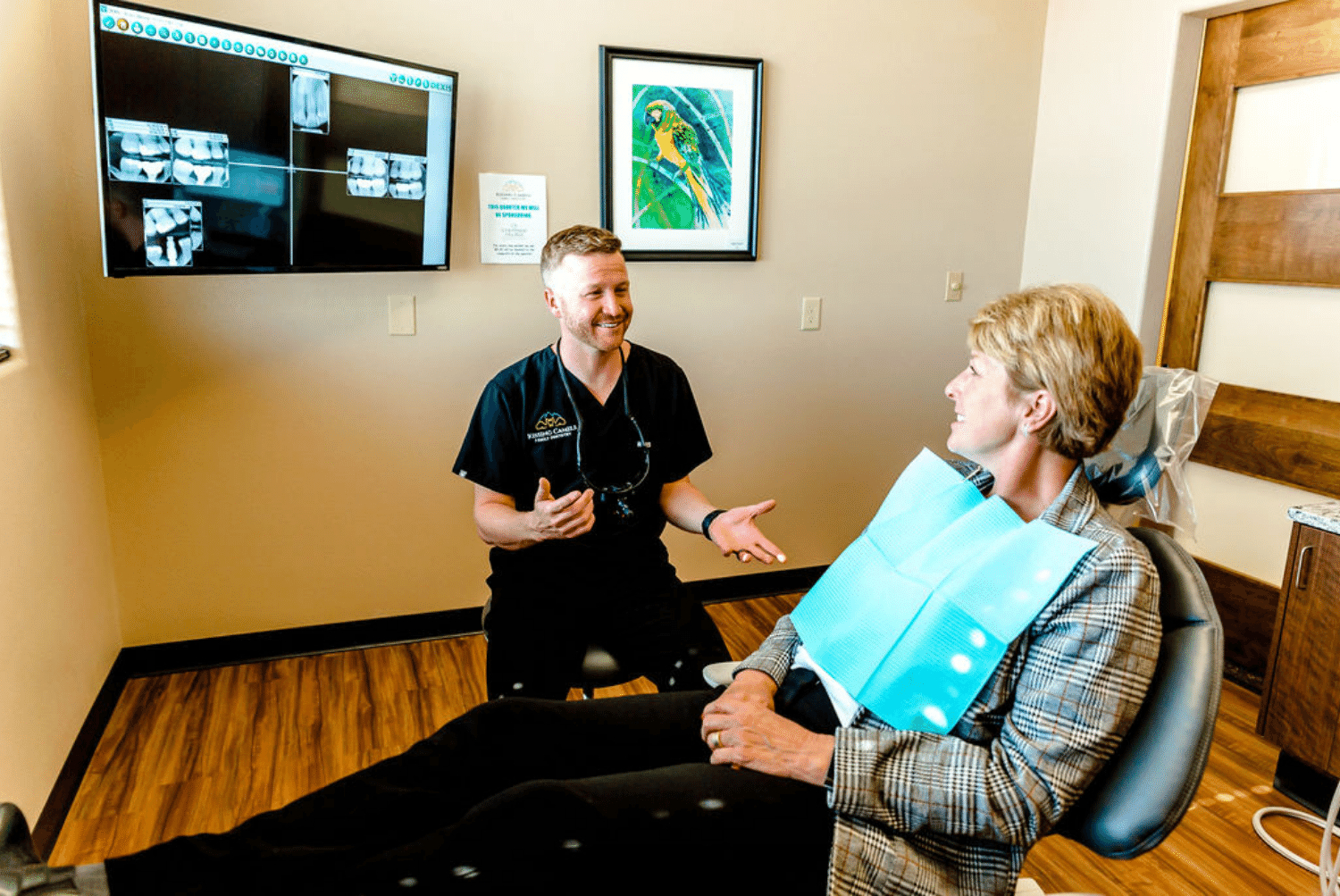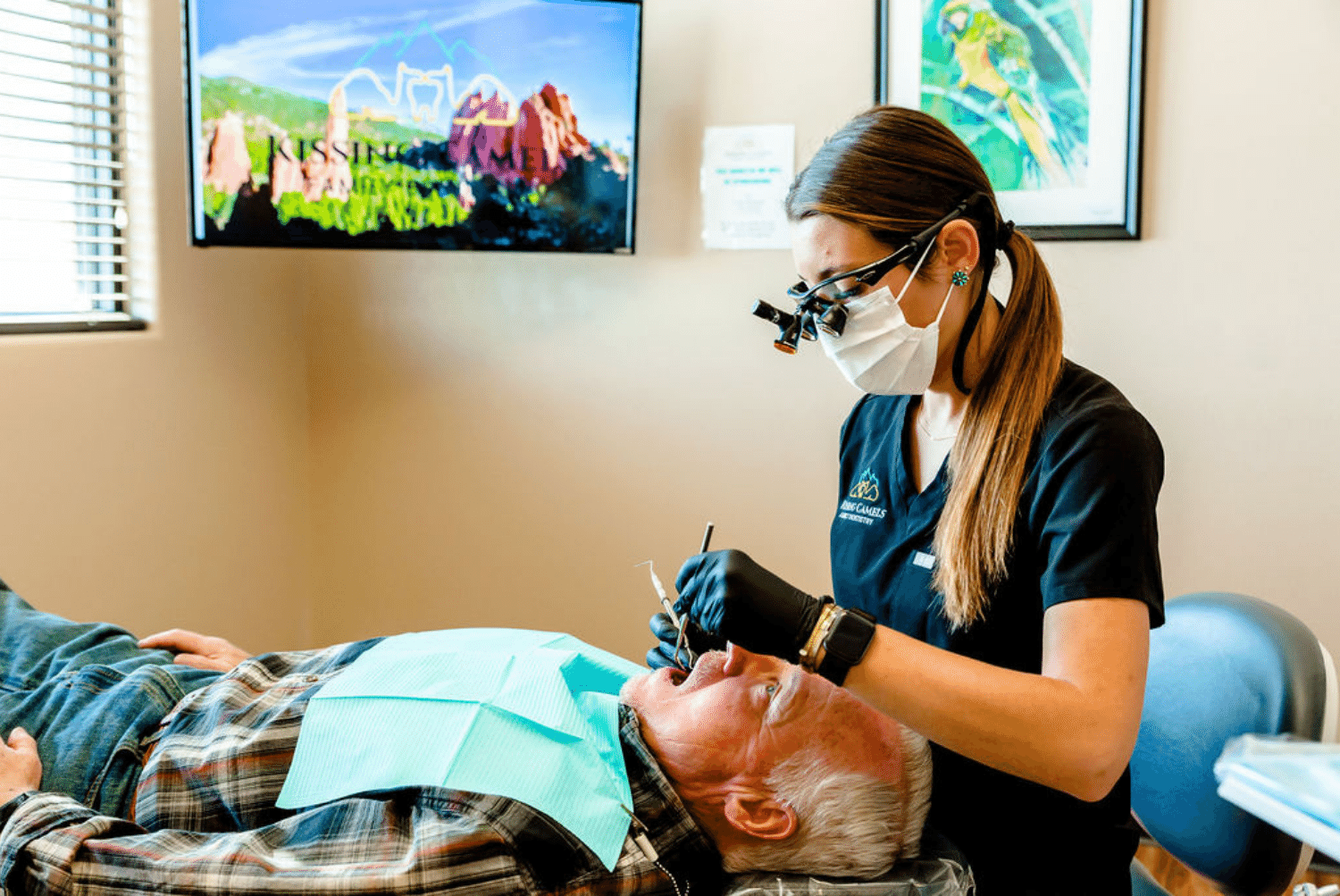TMJ Awareness Month
TMJ Awareness Month As we all know, our jaw plays an important role in our daily lives, from speaking to chewing to drinking. However, you may occasionally find yourself in a significant deal of agony and anguish. If you have recurrent jaw discomfort, it could be an indication of a TMJ problem. Because November is TMJ Awareness Month, your Colorado Springs dentist, Dr. Cody Boals, is answering some of the most often asked questions concerning TMJ/TMD.
Understanding TMJ Awareness Month
TMJ refers to the temporomandibular joint, which usually functions as a sliding hinge, connecting to the jawbone and skull. The two joints are located on each side of your jaw. As follows, when these joints are working correctly, they work smoothly for various actions such as yawning, chewing, singing, swallowing, and talking. However, if they are not working seamlessly, you may experience some discomfort and, sometimes, pain.
TMJ disorders are problems of the jaw that may cause pain in your jaw joints as well as in the muscles that help in jaw movement. Thus, the National Institute of Dental and Craniofacial Research, as well as the best dentist in Colorado Springs, categorizes TMJ disorders in the following ways:
- Myofascial pain – In most cases, this is usually the culprit. Myofascial pain causes pain or discomfort in the connective tissue that covers the muscles that control the neck, jaw, and shoulder function.
- Degenerative Joint disease – This includes rheumatoid arthritis or osteoarthritis in the jaw joint
- Internal derangement of the joint – This means a displaced disk or a dislocated jaw. It may also mean injury to the condyle, the jaw bone which articulates with the temporal skull bone.
It should be noted that an individual may have more than one of these conditions at the same time. If you’re experiencing any pain, be sure to contact an emergency dentist in Colorado Springs, CO, immediately.
What Are the Causes of TMJ disorder?
In most cases, the cause of TMD may be too much strain on the jaw joints as well as the muscle group that controls speech, chewing, and swallowing. Sometimes, the strain on your jaw joints maybe because of teeth grinding.
However, the single main cause of an individual’s TMD is not easy to determine as the pain may be caused by a jaw injury, trauma, stress, genetics, arthritis, poor posture, or misaligned teeth.
Other times, a different painful condition, such as irritable bowel syndrome or fibromyalgia, may also cause TMJ pain. It’s best to see your family dentist in Colorado Springs for a full mouth evaluation.
What Are the Symptoms of TMJ Disorder?
Below are the most common signs of TMJ disorder:
- Jaw soreness or discomfort. This is often during late afternoons or in the mornings.
- Popping or clicking of the jaw when you open your mouth
- Frequent headaches
- Ringing in the ears or earaches that are not caused by an infection in the ear canal
- Involuntary grinding and clenching of the teeth
- Locking of your jaws
- Difficulty opening your mouth wide or chewing.
- Neck pain
- A tingling feeling or numbness in the fingers
Additionally, if you experience teeth sensitivity but have no diagnosed oral health ailments, then you might be suffering from TMD.
Since these symptoms may also be other conditions presenting themselves, it is important to visit the best dentist in Colorado Springs at Kissing Camels Family Dentistry as soon as you can for a professional diagnosis and treatment.
What is The Treatment for TMD?
Dentists may use various methods to diagnose and treat a TMJ disorder.
- Your Colorado Springs dentist may conduct a full mouth exam. The dentist will examine your jaw and how it moves and also check if you may be experiencing jaw or facial pain when you move your jaw. The dentist may also check to hear if there are noises when you close or open your mouth.
- In addition, your dentist may also look over your health history, enquire about any past history of jaw or facial pain.
- Your dentist may recommend CT scans, dental X-rays, or/and MRIs, which may be useful in getting a correct diagnosis.
Determining Treatment
The type of treatment is dependent on your age, symptoms, general health, as well as the severity of your condition. Dr. Kristina Neda, a dentist in Georgetown, KY, says that dentists may, in some cases, recommend an oral appliance whose use is to hold the jaw in the desired position.
In other cases, one may need an occlusal adjustment. This is when your Colorado Springs dentist alters your teeth slightly to create a more even bite, which spares your jaws from unnecessary stress.
Other forms of treatment include:
- Pain medication
- Physical therapy
- Ice packs and hot packs
- Correcting your posture
- Behavior changes, which will help stop or reduce teeth clenching
- A mouth guard to help reduce grinding of teeth
- Diet changes that will rest the jaw muscles
- Surgery. This is usually the last resort and is normally not recommended as a way to provide long-term relief from TMD or fight TMJ disorders.
Sometimes, TMD symptoms may recur when one is stressed. Knowing what triggers your symptoms may help you prevent a reoccurrence. So, visit your dentist in Colorado Springs for a TMJ evaluation. Our experienced team at Kissing Camels Family Dentistry is always happy to help!
Editor’s note: This post was originally published in November 2020 and has been completely revamped and updated for accuracy and comprehensiveness.
















